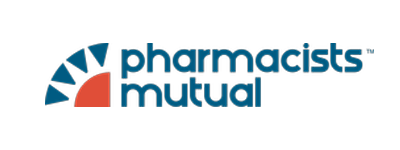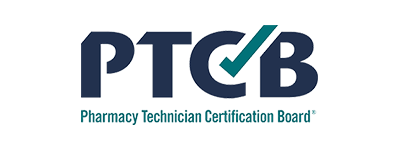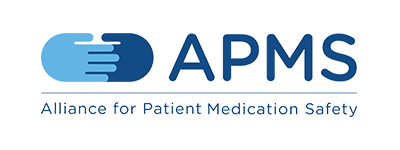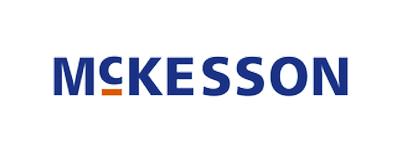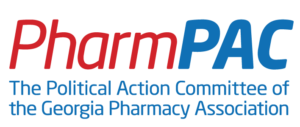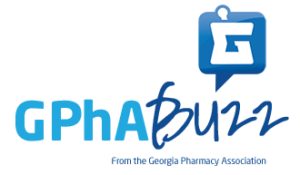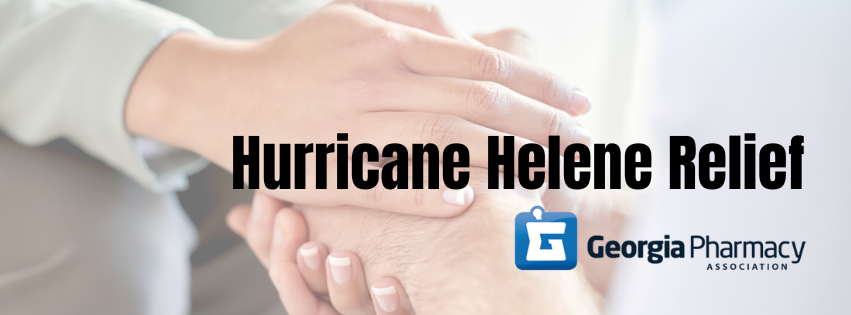
Resources for Pharmacies Impacted by Hurricane Helene
October 1, 2024
Hurricane Helene has devastated many of Georgia’s communities, leaving almost no part of the state untouched. More than 370,000 people are still without power, and those in the hardest-hit areas have no idea when power can be restored. In some communities, including Augusta and South Georgia, it could be upwards of a month and many areas are without clean water or have restricted access to it because of damage from winds and rains.
Many of our members have extensive damage to their stores, between flooding, fallen trees blocking roads, and power outages. Some have been able to partially re-open, but others remain closed. GPhA is working closely with our members who have been directly impacted by the storm, and we encourage all members to keep our GPhA members and their families in their thoughts and prayers. GPhA is working closely with all state and federal agencies to figure out the best way we can be of service to all pharmacists and technicians in the state.
GPhA CEO Dawn Randolph and AIP Vice President Jonathan Marquess are actively working with members as well as state and local agencies to ensure that all pharmacies in Georgia can reopen and operate at full capacity as soon as possible. We know that patients are depending on pharmacy services to get through this natural disaster.
As many of Georgia’s pharmacies are closed, and pharmacists are without power and communication, help us spread this information when you are able to connect with colleagues, friends, and fellow pharmacists.
Please don’t hesitate to reach out to us at GPhADisasterHelp@gpha.org or (404) 231-5074.
The Georgia Pharmacy Association
The Georgia Pharmacy Foundation is working to provide essential needs for distribution to pharmacy staffs in areas most impacted by Hurricane Helene. We will continue to assist our fellow pharmacy professionals as long as there is need.
The Foundation is a 501(c)3 formed exclusively for charitable, educational, and scientific purposes. Please consider donating today by clicking the button below to support Georgia’s pharmacists, technicians, and staff.

RESOURCES
GEORGIA EMERGENCY MANAGEMENT AGENCY (GEMA) DISASTER RELIEF
GEMA has multiple field offices across the state – one in every county — and you can find a list of those near you here. GEMA can help with refilling gas-powered generators, possibly providing a generator, and other emergency power needs for health providers.
There are additional resources available on that site, including links to the Red Cross’s Locating Loved Ones site here. You can find ways to donate in-kind products, including food, blankets, tarps, bottled water, and other items here. As other pharmacy-related volunteer opportunities arise, we will let you know.
GEORGIA DEPARTMENT OF PUBLIC HEALTH
Local Department of Public Health offices and Federal Qualified Health Centers are also impacted by Helene, with many offices closed due to staffing or direct impact. We have spoken with their representatives and will be glad to connect our members with resources. However, their refrigerators are full as they are experiencing the same power and connection challenges as all other local businesses.
If you have patients seeking oxygen tanks refills, have them call their local hospital to get a referral to fill the oxygen tank.
POISON CONTROL
Poison control offices are ready to respond when a prescription is taken incorrectly by the patient or another individual in the confusion of evacuation. That number is 1-800-222-1222.
UPCOMING AUDITS
GPhA recommends those pharmacies with outstanding audits or on-site audits scheduled also impacted by the storms get in touch with the auditor as soon as possible and ask for an extension. We are compiling a list of impacted pharmacies to provide to Medicaid and State Health Benefit Plan to help mitigate audit issues.
MEDICARE
If a Medicare beneficiary has specific service concerns, they may call CMS at 800-MEDICARE (800-633-4227) or reach out via email at ROATLORA@cms.hhs.gov. CMS understands that Medicare beneficiaries may have questions about accessing their coverage if displaced and during emergencies. Please refer to the updated document, Getting Care & Drugs in a Disaster or Emergency. Additional guidance from CMS for healthcare providers on emergency preparedness and response is available at Healthcare Provider Guidance provided by CMS.
DISASTER RELIEF FUNDS
If your pharmacy experiences any damage due to this natural disaster, the NCPA Foundation Disaster Relief Fund can help with costs for repairs. Impacted pharmacy owners can apply for a disaster relief grant visit here. Please contact Stephanie Vichness (stephanie.vichness@ncpa.org) at NCPA with any questions.
FEMA also has disaster assistance resources, and you can find more information about obtaining those resources at FEMA’s website disasterassistance.gov.
TRACKING POWER OUTAGES
You can track the latest information about power outage locations here.
|

